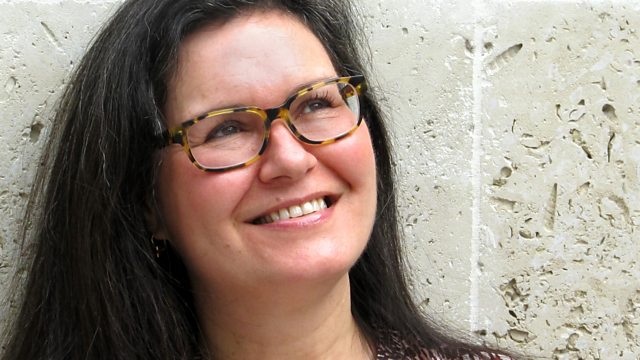Grid cells and time, Boole, How your brain shapes your life
Tracey Logan unpicks how people's brains work and discusses maverick scientist Boole, whose work underpins computing.
Grid cells and time
Animals navigate by calculating their current position based on how long and how far they have travelled and a new study on treadmill-running rats reveals how this happens. Neurons called grid cells collate the information about time and distance to support memory and spatial navigation, even in the absence of visual landmarks. New research by Howard Eichenbaum at Boston University has managed to separate the space and time aspects in these cells challenging currently held views of the role of grid cells in the brain.
Boole
It's the 200th anniversary of the birth of George Boole. We speak to Professor Des MacHale, his biographer at Cork University, and Dr Mark Hocknull, historian of science at University of Lincoln, where he was born, to uncover Boole's unlikely rise to Professor of Mathematics, given his lack of formal academic training. We discuss the impact of his work at the time, and his legacy for the modern digital age.
How your brain shapes your life
It weighs 3lbs, takes 25 years to reach maturity and, unique to bits of our bodies, damage to your brain is likely to change who you are. Neuroscientist David Eagleman's new book, The Brain: The Story of You, explores the field of brain research. New technology is providing a flood of data. But what we don't have, according to Eagleman, is the theoretical scaffolding on which to hang this. Why do brains sleep and dream? What is intelligence? What is consciousness?
Producer: Fiona Roberts.
Last on
Broadcasts
- Thu 5 Nov 2015 16:30大象传媒 Radio 4
- Thu 5 Nov 2015 21:00大象传媒 Radio 4
Explore further with The Open University
Discover more fascinating science content with The Open University
Podcast
-
![]()
大象传媒 Inside Science
A weekly programme looking at the science that's changing our world.


